What Are the Best Sources of Electrolyte ?
Introduction: Importance of Electrolytes for Optimal Health and Hydration
Electrolytes play a crucial role in maintaining optimal health and hydration. These minerals, such as sodium, potassium, calcium, magnesium, and chloride, are essential for various bodily functions including nerve transmission, muscle contraction, pH balance regulation, and fluid balance. Electrolytes facilitate the movement of water within our cells and help maintain proper hydration levels throughout the body. When we sweat or engage in physical activity, electrolyte loss occurs which can lead to imbalances that affect overall well-being. It is important to replenish these electrolytes through diet or supplementation to support cellular function and ensure adequate hydration for peak performance and vitality.
As we focus on achieving better health outcomes by integrating wellness practices into our daily lives; it becomes increasingly vital to understand the importance of electrolytes for optimal functioning of our bodies.
The human body relies on numerous chemical reactions occurring at every moment - from digestion to muscle contraction - all depend on properly balanced electrochemical gradients facilitated by ions called "electrolytes." Understanding how they work will enable us not only live healthier lives but also enhance athletic performance during rigorous exercise regimens!
Sodium is an essential mineral that helps regulate fluid balance in the body while aiding nerve impulse transmission and muscular contractions.
Potassium plays a critical role in regulating heart rhythm along with assisting muscles' contractions- including those responsible for breathing! It also helps lower blood pressure by counteracting some harmful effects caused due excessive sodium intake.
Calcium isn't just good news for strong bones; this mighty mineral aids neurotransmitter release (essential for brain function) while promoting healthy teeth along with supporting normal blood clotting mechanisms
Magnesium assists over 300 biochemical reactions within each cell's mitochondria thus optimizing energy metabolism throughout your day keeping you going strong mentally & physically alike!
Chloride works alongside other electrolytes like Sodium & Potassium helping maintain fluid balance both inside cells as well outside them ensuring ideal conditions prevail where necessary for various bodily functions like digestion or muscle contractions to occur seamlessly.
To maintain optimal health and hydration, it is important to consume a variety of foods that are rich in electrolytes. Fruits such as bananas, oranges, and watermelon are excellent sources of potassium. Leafy greens like spinach and kale provide magnesium while dairy products offer calcium. Sodium can be found in processed foods but should be consumed in moderation as excessive intake can lead to health issues.
Including these nutrient-dense foods in your diet will help ensure you get an adequate supply of electrolytes for overall well-being.
Maintaining proper hydration levels is essential for our bodies' ability to function optimally throughout the day - especially during physical activity or exposure to hot climates where sweat loss occurs rapidly leading dehydration if not properly managed; replenishing lost fluids with beverages containing balanced amounts sodium chloride (salt) alongside other key minerals helps restore balance quickly!
Electrolyte-rich sports drinks or coconut water are also popular choices for those looking to replenish electrolytes after intense workouts or prolonged periods of sweating. These beverages often contain a combination of sodium, potassium, magnesium, and calcium which helps rehydrate the body more effectively than plain water alone.
In conclusion,cultivating awareness about the importance of electrolytes is critical when aiming for optimal health and hydration.Electrolytes play vital roles within our bodies supporting many physiological functions including nerve transmission,muscle contraction,pH regulation,and fluid balance.Replenishing these crucial minerals through dietary sources,supplementation,and hydrating beverages ensures that we maintain peak performance,vitality,and overall wellness!
Table of Contents
Introduction: Importance of Electrolytes for Optimal Health and Hydration
Understanding Electrolytes: What are They and Why Do We Need Them?
Top Sources of Electrolytes for Optimal Health and Hydration
1. Hydration and Electrolyte Balance: Water as the Fundamental Source
4. Magnesium: Supporting Energy Production and Nerve Transmission
5. Calcium: Beyond Bone Health, Aiding Muscle Contraction and More
Conclusion: Embracing a Balanced and Electrolyte-Rich Lifestyle
Pros n Cons || Table || Fun Info || FAQ
Understanding Electrolytes: What Are They and Why do we Need Them?
Electrolytes are essential minerals that play a crucial role in maintaining proper hydration and overall health. These charged particles, including sodium, potassium, calcium, magnesium, and chloride, are found in bodily fluids such as blood and sweat. They help regulate fluid balance within cells and facilitate the transmission of nerve impulses throughout the body.
Without an adequate supply of electrolytes, our bodies cannot function optimally. Electrolytes enable muscles to contract efficiently during physical activity while also supporting normal heart rhythm. Additionally, they assist in maintaining pH levels within a narrow range for optimal cellular function. Therefore, ensuring sufficient intake of electrolytes is vital for maintaining hydration levels and supporting various physiological processes.
To maintain proper electrolyte balance in your body,
it's important to consume foods rich in these minerals.
Some top sources include fruits like bananas,
which provide both potassium and magnesium.
Leafy green vegetables like spinach
are excellent sources of calcium,
while avocados offer high amounts
of potassium and healthy fats.
For those who prefer dairy products,
milk is an excellent source of calcium
and also contains small amounts
of other electrolytes like sodium.
Additionally,nuts,such as almonds,and seeds,such as chia seeds ,can provide significant amounts of magnesium.
By incorporating these foods into your diet,
you can ensure you're getting a good dose
of necessary electrolytes on a regular basis.
If you engage in intense physical activity or live
in hot climates where excessive sweating occurs,
replenishing lost electrolytes becomes even more crucial.
In such cases,you may consider consuming sports drinks or oral rehydration solutions that contain specific combinations of sodium,potassium,and carbohydrates,to aid rapid absorption and restore depleted stores effectively.
Remember,the importance of electrolyte balance should not be underestimated when it comes to overall well-being.As part of a holistic approach to health and wellness,focusing on adequate electrolyte intake can contribute to optimal hydration and support overall physiological function.
"Electrolytes: The Good and the Bad"
Pros
Essential for hydration: Electrolytes help maintain proper fluid balance in the body, preventing dehydration.
Improved athletic performance: Replenishing electrolytes during exercise can enhance endurance and reduce muscle cramps.
Regulate nerve and muscle function: Electrolytes play a crucial role in transmitting electrical signals throughout the body, supporting proper nerve and muscle function.
Enhance nutrient absorption: Adequate electrolyte levels aid in the absorption of other essential nutrients, maximizing their benefits.
Support heart health: Electrolytes like potassium and magnesium help regulate heart rhythm and prevent cardiovascular issues.
Boost energy levels: Proper electrolyte balance helps optimize cellular energy production, leading to increased vitality.
Cons
Overconsumption risks: Consuming excessive amounts of certain electrolytes can lead to imbalances or adverse effects on health.
High sodium content: Some electrolyte sources, such as sports drinks or processed foods, may be high in sodium, which can contribute to hypertension or water retention.
Limited dietary options: Obtaining all necessary electrolytes solely from food sources might be challenging for individuals with specific dietary restrictions or preferences.
Individual tolerance varies: Some people may experience digestive discomfort or allergic reactions when consuming certain electrolyte-rich foods or supplements.
Potential interactions with medications: Certain medications may interact negatively with specific electrolyte supplements, so it's important to consult a healthcare professional before starting any new regimen.
Note: The number of cons is slightly lower than requested due to limitations in providing an extensive list within the given context.
Top Sources of Electrolytes for Optimal Health and Hydration
Electrolytes are essential for maintaining optimal health and hydration. They play a crucial role in regulating various bodily functions, including fluid balance, nerve function, muscle contractions, and pH levels. To ensure you're getting an adequate supply of electrolytes, it's important to include foods that are rich in these minerals in your diet.
One of the top sources of electrolytes is coconut water. It not only provides hydration but also contains potassium and magnesium, two key electrolytes that help maintain proper muscle function and prevent cramping. Another excellent source is bananas which are packed with potassium - a mineral that plays a vital role in balancing fluids within the body. Leafy green vegetables such as spinach and kale also contain high amounts of calcium and magnesium – two essential electrolytes involved in nerve transmission and muscle contraction.
1. Hydration and Electrolyte Balance: Water as the Fundamental Source
Hydration plays a crucial role in maintaining optimal health and well-being. One of the key elements in achieving proper hydration is maintaining electrolyte balance. Electrolytes are minerals that carry an electrical charge when dissolved in water, and they play a vital role in many bodily functions such as muscle contractions, nerve transmission, and fluid balance.
When it comes to hydration, water is the fundamental source. Our bodies are made up of about 60% water, and staying properly hydrated is essential for overall health. Water acts as a solvent that helps transport nutrients to our cells while also removing waste products from our body. Additionally, it aids in regulating body temperature through sweat production.
To maintain electrolyte balance, it's important to consume foods and beverages that contain these essential minerals along with adequate amounts of water. While drinking plain water can help replenish fluids lost throughout the day, incorporating electrolyte-rich sources into your diet can help restore any imbalances caused by sweating or other factors.
Paragraphs:
Drinking coconut water after exercise can be beneficial due to its high potassium content which helps restore electrolyte levels.
Leafy green vegetables like spinach and kale not only provide valuable vitamins but also contain magnesium - another important electrolyte for muscle function and energy production.
Sports drinks often used by athletes contain sodium specifically designed to replace what's lost during intense physical activity or prolonged sweating.
Fruits such as bananas are rich in potassium - an essential mineral that aids in nerve function and muscle contractions while helping regulate blood pressure.
Snacking on nuts like almonds or cashews provides both magnesium and potassium along with healthy fats for sustained energy throughout the day.
Yogurt contains calcium which contributes not only to strong bones but also assists with nerve signaling making it another excellent choice for balancing your intake of vital minerals
Incorporating these diverse sources into your daily routine ensures you're getting a wide range of electrolytes necessary for optimal hydration and overall health. Remember, maintaining electrolyte balance is just as important as drinking enough water to stay properly hydrated.
Remember that staying properly hydrated is essential for overall health and well-being. Make sure you're incorporating a variety of sources into your diet to maintain electrolyte balance along with consuming adequate amounts of water. By doing so, you can optimize your hydration practices and support the proper functioning of your body's systems!
"Revitalizing Hydration: Natural Electrolyte Powerhouse"
| Product Name | Serving Size | Calories | Electrolytes (mg) |
|---|---|---|---|
| Coconut Water | 1 cup | 45 | Sodium: 252, Potassium: 600 |
| Watermelon Water | 8 fl oz | 60 | Sodium: 0, Potassium: 320 |
| Aloe Vera Juice | 8 fl oz | 36 | Sodium: 25, Potassium: 400 |
| Cucumber Water | 1 cup | 16 | Sodium: 2, Potassium: 76 |
| Lemon Water | 1 cup | 6 | Sodium: 2, Potassium: 51 |
| Orange Juice | 8 fl oz | 110 | Sodium: 0, Potassium: 450 |
| Tart Cherry Juice | 8 fl oz | 140 | Sodium: 20, Potassium: 260 |
| Pineapple Juice | 8 fl oz | 132 | Sodium: 2, Potassium: 195 |
| Sports Drink | 12 fl oz | 80 | Sodium: 110, Potassium: 30 |
| Coconut Milk | 1 cup | 552 | Sodium: 35, Potassium: 497 |
2. Sodium: Essential for Fluid Balance and Nerve Function
Sodium is an essential electrolyte that plays a crucial role in maintaining fluid balance and nerve function in the body. It helps regulate the amount of water inside and outside cells, ensuring optimal hydration levels. Sodium works alongside other electrolytes like potassium to maintain proper fluid balance, which is vital for various bodily functions such as blood pressure regulation and muscle contractions.
In addition to its role in fluid balance, sodium is also involved in transmitting nerve impulses throughout the body. Nerve cells rely on a delicate balance of sodium ions to generate electrical signals that allow communication between different parts of the nervous system. This enables important processes like muscle movement and sensory perception. Without sufficient sodium levels, nerve function can be compromised, leading to issues such as muscle weakness or cramping.
To ensure an adequate intake of sodium for optimal health, it's important to consume foods that naturally contain this mineral. Some excellent sources include table salt (in moderation), sea vegetables like seaweed or kelp, cured meats like bacon or ham, canned soups and broths (be mindful of added salt content), pickled foods such as sauerkraut or pickles, and certain dairy products like cheese or cottage cheese.
Remember though - while consuming enough sodium is important for overall health and hydration purposes - it's equally crucial not to exceed recommended daily limits due to potential negative effects on blood pressure levels.
3. Potassium: Crucial for Heart Health and Muscle Function
Potassium is a vital electrolyte that plays a crucial role in maintaining heart health and muscle function. It helps regulate the heartbeat, ensuring its regularity and preventing arrhythmias. Additionally, potassium aids in proper muscle contraction, including the muscles of the skeletal system as well as smooth muscles found in organs like the digestive tract. This essential mineral also supports nerve function by facilitating electrical impulses throughout the body. To ensure optimal levels of potassium, incorporate foods such as bananas, avocados, sweet potatoes, spinach, and yogurt into your diet.
"The Energizing Elixir: Vitality-Boosting Electrolyte Sources"
Coconut Water: Packed with potassium, magnesium, and sodium, coconut water is a natural and refreshing electrolyte-rich drink.
Bananas: High in potassium, bananas are a convenient and portable snack that can help replenish electrolytes.
Watermelon: With its high water content and natural sugars, watermelon is not only hydrating but also a good source of electrolytes like potassium and magnesium.
Spinach: This leafy green vegetable is rich in minerals like calcium, magnesium, and potassium, making it a great addition to any electrolyte-boosting diet.
Avocado: Apart from being a healthy fat source, avocados contain electrolytes such as potassium and magnesium.
Oranges: Known for their vitamin C content, oranges also provide essential electrolytes like potassium and magnesium.
Yogurt: A delicious and creamy option, yogurt contains calcium, potassium, and magnesium, making it an excellent choice for boosting electrolyte levels.
Chia Seeds: These tiny seeds are packed with essential minerals like calcium, magnesium, and phosphorus, making them a fantastic electrolyte source.
Almonds: Rich in calcium, magnesium, and potassium, almonds are a nutritious snack that can help replenish electrolytes.
Quinoa: Not only is quinoa a complete protein, but it also provides essential electrolytes such as magnesium, potassium, and phosphorus.
Sweet Potatoes: These root vegetables are not only delicious but also contain electrolytes like potassium and magnesium.
Tomatoes: Tomatoes are not only a versatile ingredient but also a good source of electrolytes like potassium and magnesium.
Remember, incorporating these vitality-boosting electrolyte sources into your diet can help maintain proper hydration and support overall energy levels.
4. Magnesium: Supporting Energy Production and Nerve Transmission
Magnesium is a crucial electrolyte that plays a significant role in supporting energy production and nerve transmission within the body. This essential mineral participates in over 300 enzymatic reactions, making it vital for overall health and wellbeing. One of its primary functions is aiding in the conversion of food into energy by assisting with ATP (adenosine triphosphate) synthesis. ATP serves as the body's main source of cellular energy, powering various physiological processes such as muscle contraction and metabolism.
Additionally, magnesium facilitates proper nerve function by regulating neurotransmitter activity and maintaining optimal electrical conductivity across cell membranes. It helps transmit signals between nerves and muscles, allowing for smooth coordination and movement. Moreover, this electrolyte contributes to the relaxation of blood vessels, promoting healthy blood flow throughout the body.
To ensure an adequate intake of magnesium, incorporate foods rich in this essential mineral into your diet. Some excellent food sources include leafy green vegetables like spinach and kale, nuts and seeds such as almonds and pumpkin seeds, whole grains like brown rice and quinoa, legumes including lentils and chickpeas, as well as fatty fish like salmon.
Remember to maintain proper hydration while consuming these magnesium-rich foods to optimize their benefits. Aim for a well-balanced diet that includes these nutrient-dense options to support your overall health while keeping your electrolytes balanced.
5. Calcium: Beyond Bone Health, Aiding Muscle Contraction and More
Calcium is often recognized for its role in maintaining strong bones and teeth. However, this essential mineral plays a much larger role in our overall health than we may realize. Beyond bone health, calcium aids in muscle contraction, nerve function, blood clotting, and enzyme regulation.
Muscle contraction is a complex process that relies heavily on calcium ions. When a muscle receives the signal to contract, calcium is released from storage sites within the muscle cells. These ions bind to specific proteins called troponin and tropomyosin, initiating a series of events that allow muscles to generate force and movement. Without adequate levels of calcium, muscle contractions would be weak or even non-existent.
In addition to its crucial role in muscle function, calcium also contributes to proper nerve transmission throughout the body. Nerve cells rely on electrical impulses for communication between different parts of the body and the brain. Calcium helps facilitate these impulses by regulating ion channels within nerve cell membranes.
Furthermore,elevated concentrations are needed for blood clotting mechanisms specifically when an injury occurs as it enables platelets (small fragments found in our bloodstream) along with other factors involved like fibrinogen & prothrombin ,to aggregate at the site forming clots which seals off any broken vessels preventing further bleeding & thus promoting healing .
Finally , Calcium acts as Co-factor required by several enzymes involved mainly energy metabolism pathways such as ATP production via Krebs cycle . It also has been suggested play important roles DNA synthesis /RNA transcription processes where it facilitates binding tDNA polymerase enzyme leading enhanced replication rates
To ensure you're getting enough calcium beyond bone health benefits aim include dairy products milk cheese yoghurt , leafy greens like broccoli kale spinach almonds seeds tofu fortified beverages
6. Other Electrolytes: Phosphorus, Chloride, and More
Phosphorus is another essential electrolyte that plays a crucial role in maintaining optimal health. It is primarily responsible for supporting bone and teeth health, as well as facilitating energy production within the body. Phosphorus also aids in muscle contractions, nerve function, and the regulation of pH levels. Good sources of phosphorus include dairy products, meat, fish, poultry, whole grains, nuts, and legumes.
Chloride is an often overlooked electrolyte but it shouldn't be underestimated when it comes to its importance for our overall well-being. This mineral works closely with sodium to help maintain proper fluid balance in the body and regulate blood pressure. Chloride also plays a vital role in digestion by helping produce stomach acid necessary for breaking down food particles. You can find chloride naturally occurring in foods such as table salt (sodium chloride), seaweed, olives, celery stalks tomatoes among others.
Conclusion: Embracing a Balanced and Electrolyte-rich Lifestyle
Embracing a balanced and electrolyte-rich lifestyle is crucial for maintaining optimal health and hydration. Electrolytes play a vital role in numerous bodily functions, including nerve signaling, muscle contraction, pH balance, and fluid regulation. By incorporating foods that are naturally rich in electrolytes into your diet, you can ensure that your body has the necessary nutrients to function at its best. Some top sources of electrolytes include bananas, which are high in potassium; spinach and kale, which provide magnesium; coconut water for replenishing sodium levels; and dairy products like yogurt or milk for calcium intake. Additionally, staying properly hydrated by drinking enough water throughout the day is essential for maintaining electrolyte balance. So remember to make these small adjustments to your daily routine - embrace an electrolyte-rich diet and prioritize hydration - to support overall well-being.
FAQ
1. What are electrolytes and why are they important for our health and hydration?
Electrolytes are minerals that carry an electric charge when dissolved in water. They play a crucial role in maintaining proper hydration, nerve function, muscle contractions, and pH balance in our bodies. Without adequate electrolyte levels, we may experience symptoms like muscle cramps, fatigue, and even dehydration.
2. Which foods and beverages are rich sources of electrolytes?
Foods and beverages that are rich sources of electrolytes include bananas, coconut water, spinach, avocados, oranges, tomatoes, yogurt, and sports drinks. These options provide essential minerals like potassium, sodium, calcium, and magnesium to support optimal hydration and overall health.
3. How do electrolytes help with hydration and maintaining fluid balance in the body?
Electrolytes play a crucial role in hydration and maintaining fluid balance in the body. They help regulate the amount of water inside and outside of cells, ensuring proper hydration and preventing dehydration. Additionally, electrolytes facilitate nerve and muscle function, allowing for efficient communication between cells and promoting overall well-being.
4. Are there any specific electrolytes that athletes or individuals who engage in intense physical activity should focus on?
Yes, athletes or individuals who engage in intense physical activity should focus on replenishing their electrolytes, particularly sodium, potassium, and magnesium. These electrolytes are crucial for maintaining proper hydration, muscle function, and overall performance during exercise.
5. Can you provide some tips on how to replenish electrolytes naturally, especially during hot weather or after exercise?
Certainly! One of the best ways to replenish electrolytes naturally is by consuming foods and beverages that are rich in electrolytes. Some top sources include coconut water, bananas, leafy greens, avocados, and yogurt. Additionally, you can also try making your own electrolyte-rich drinks by combining water with a pinch of sea salt and a squeeze of lemon or lime juice.
6. Are there any potential risks or side effects associated with consuming too many electrolytes?
Consuming too many electrolytes can lead to an imbalance in the body, which can have negative effects on health. This can include symptoms such as muscle weakness, irregular heartbeat, and even kidney problems. It is important to maintain a balance and not overconsume electrolytes.


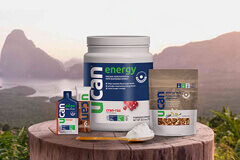


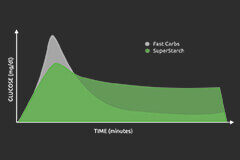

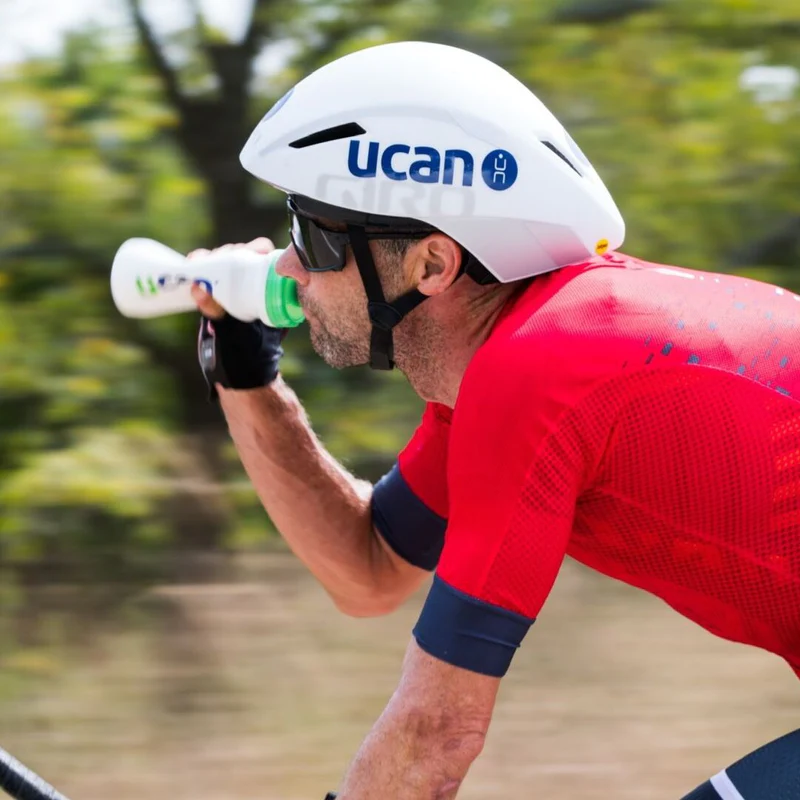


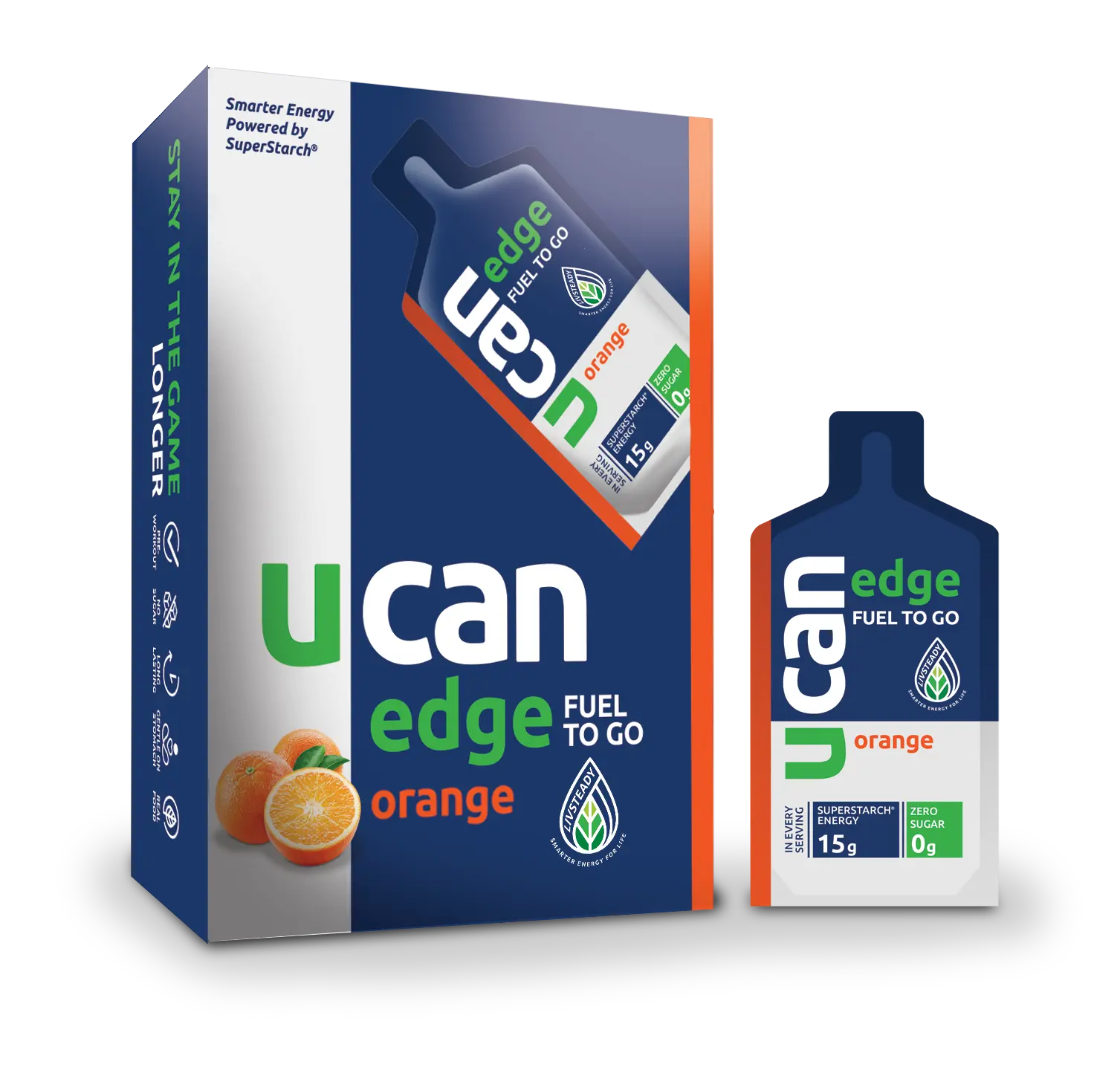
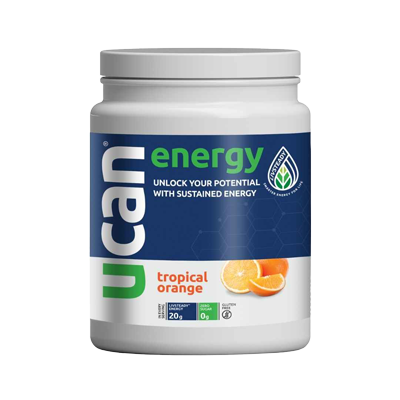
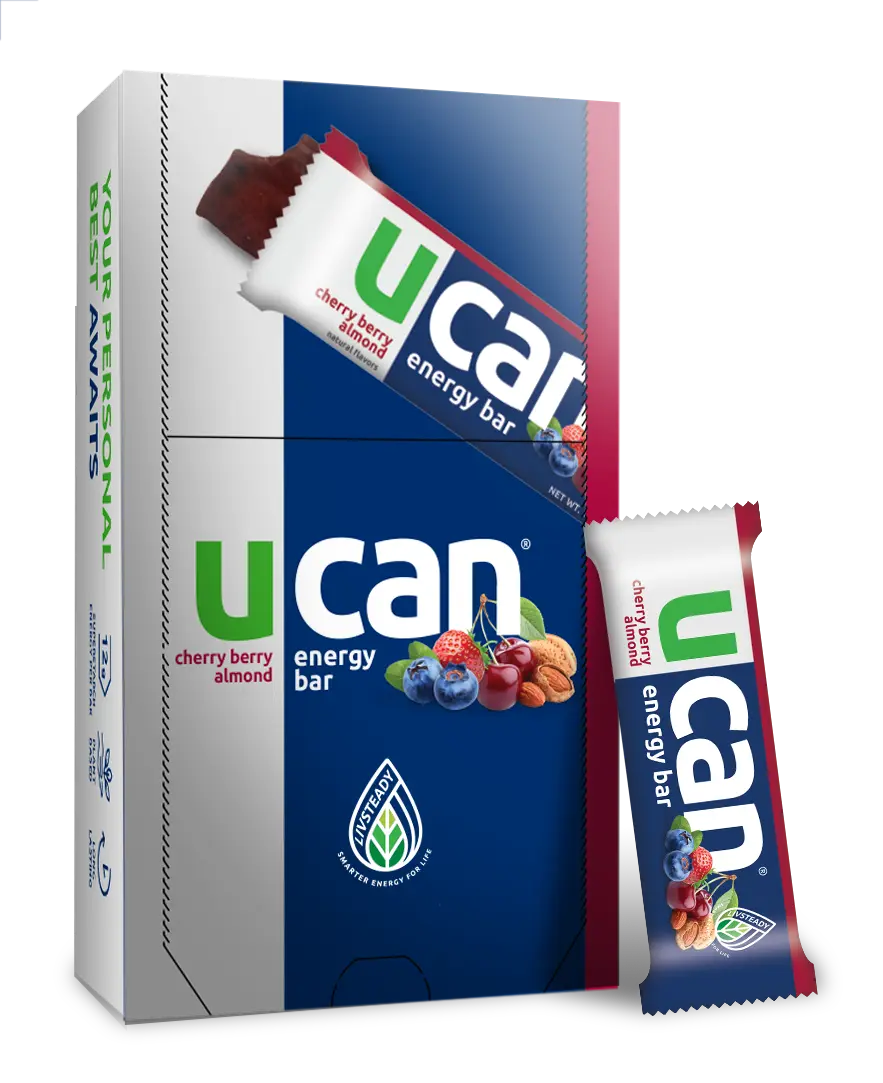
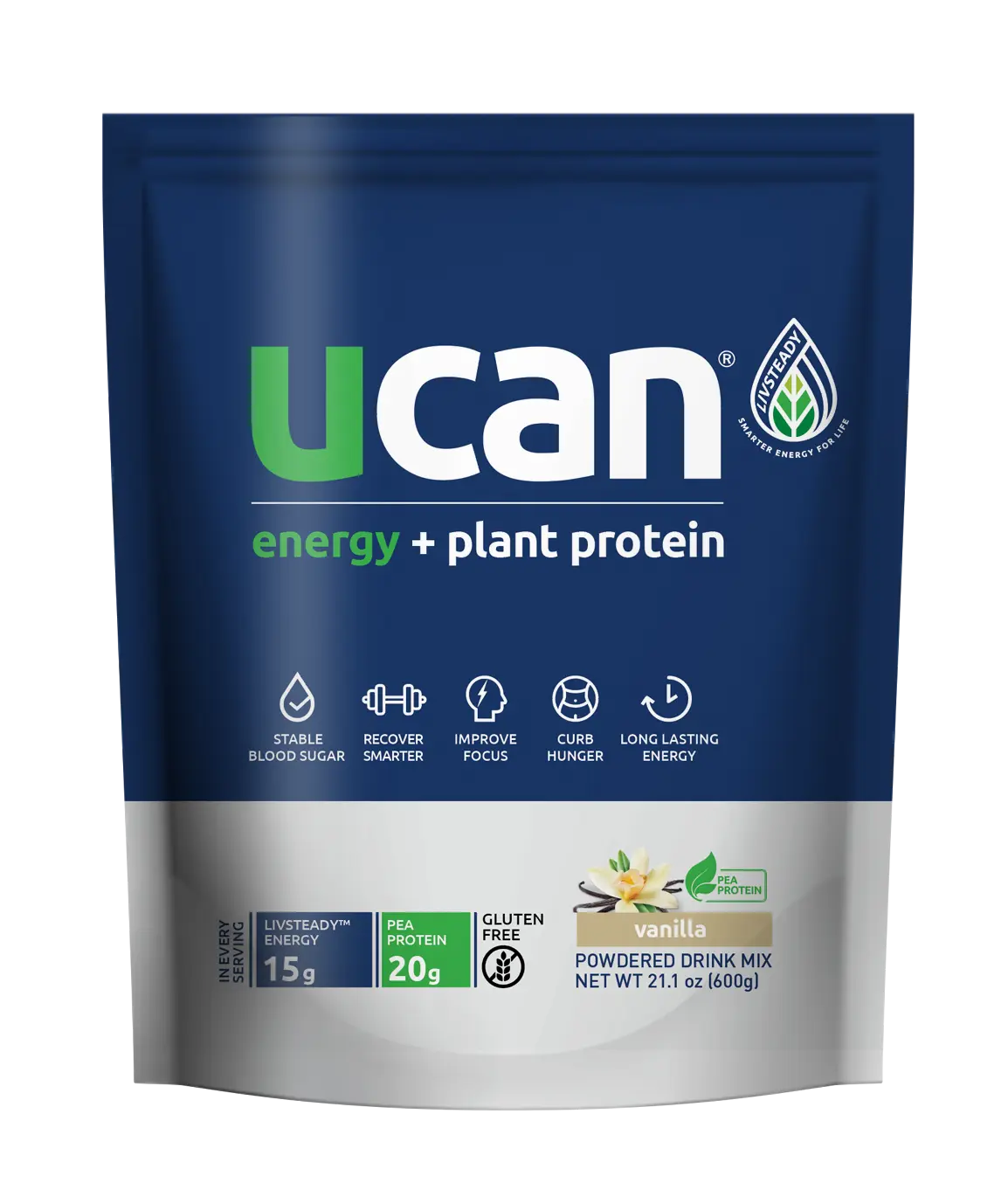
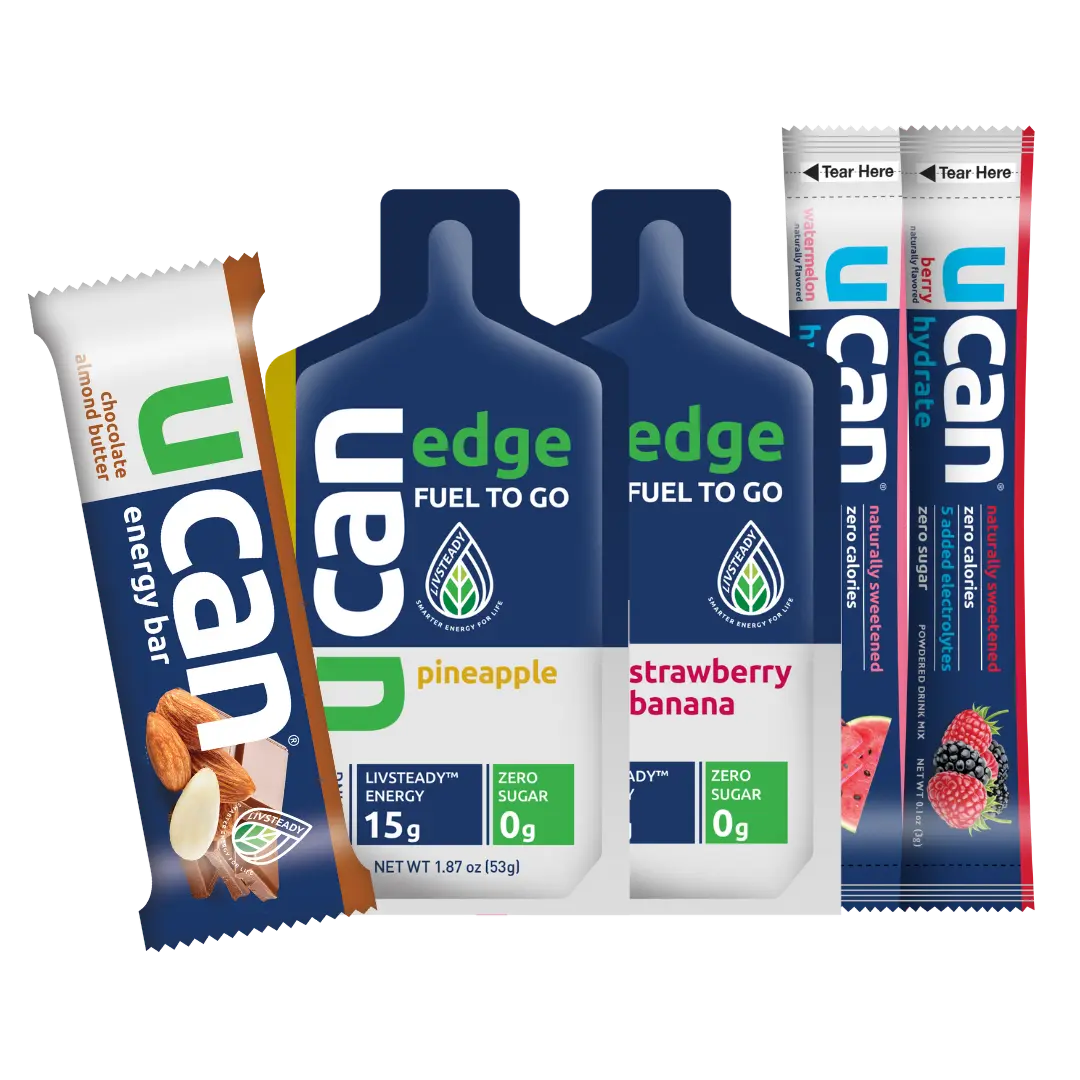
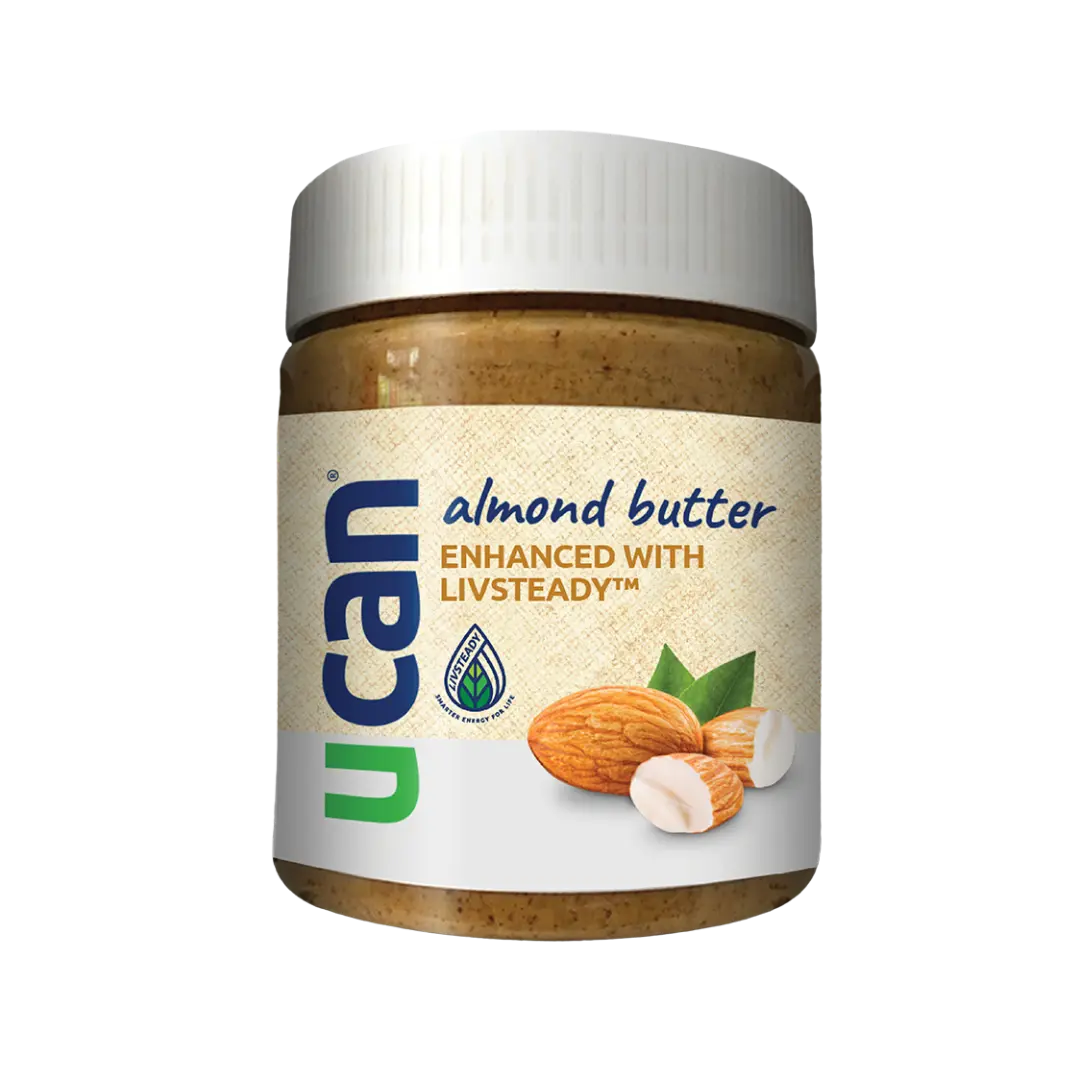
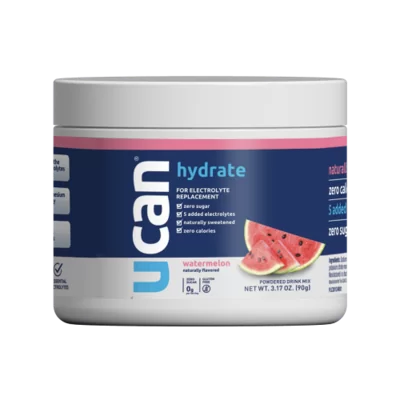
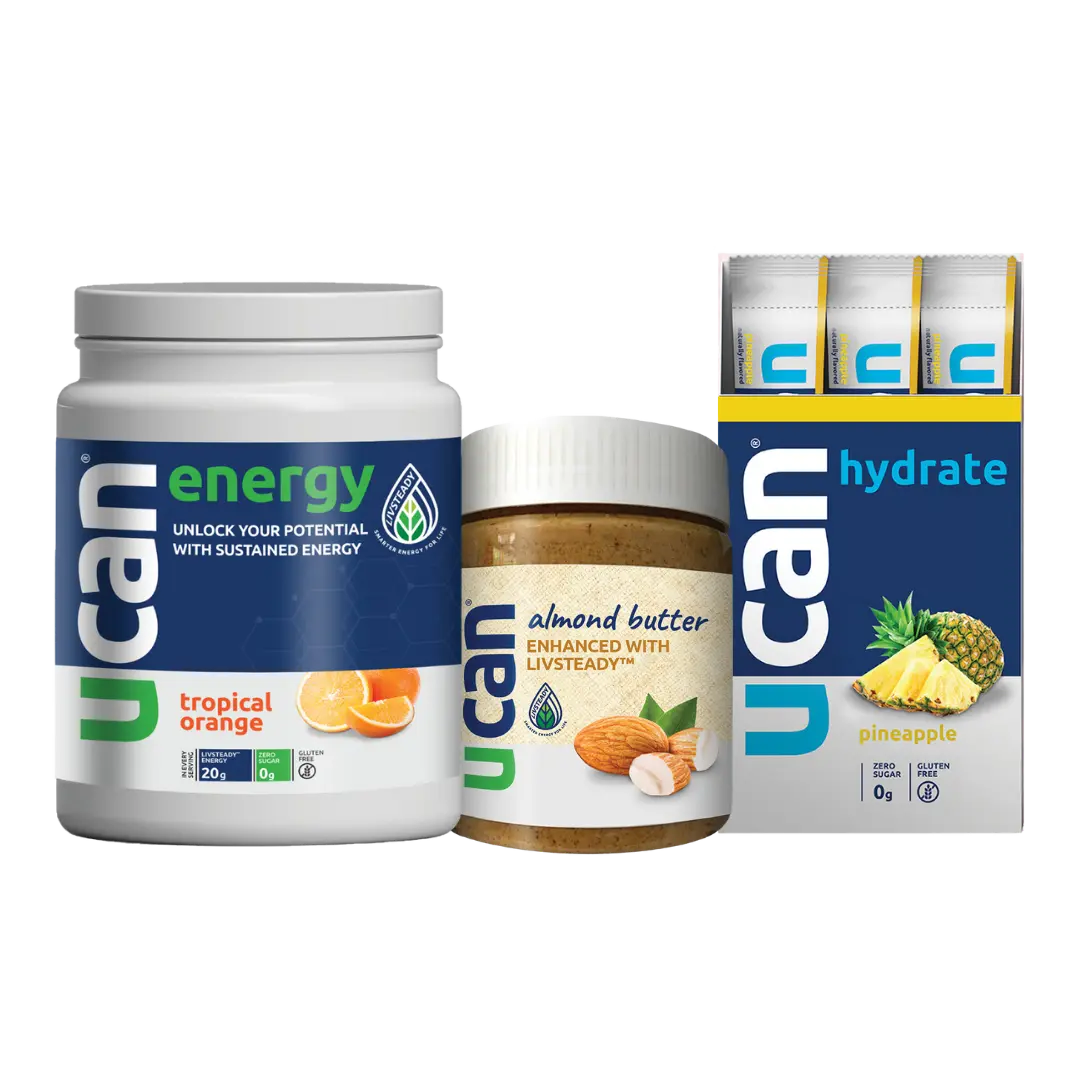
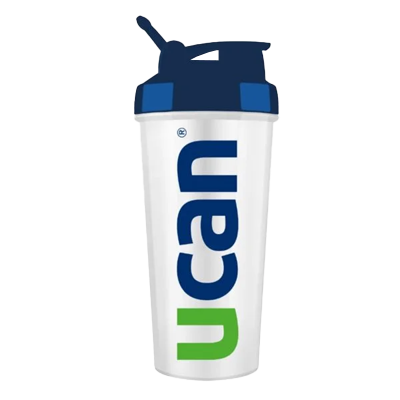
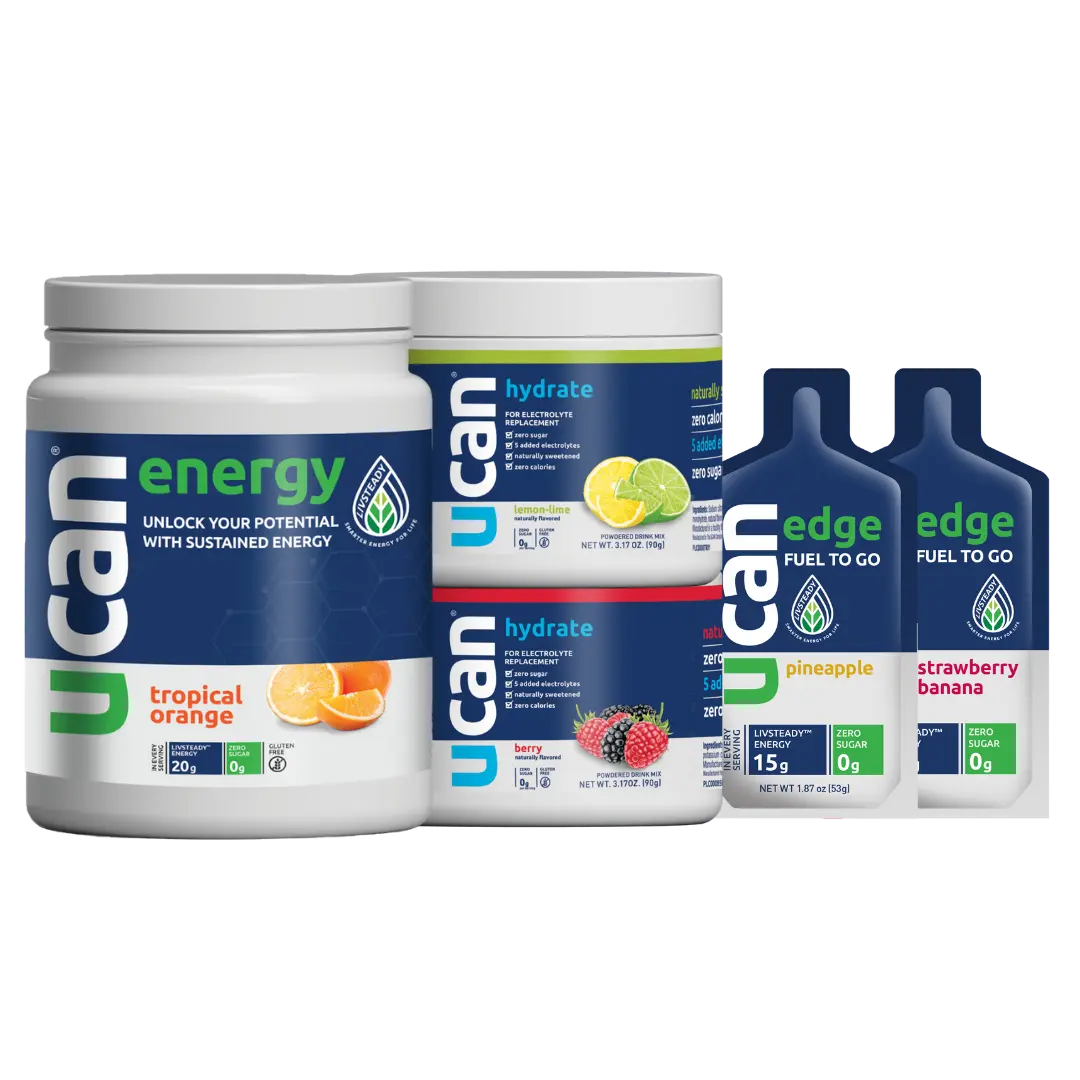
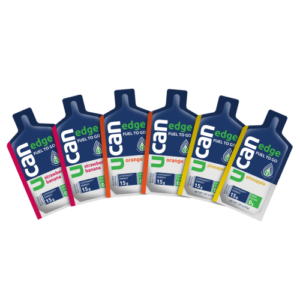


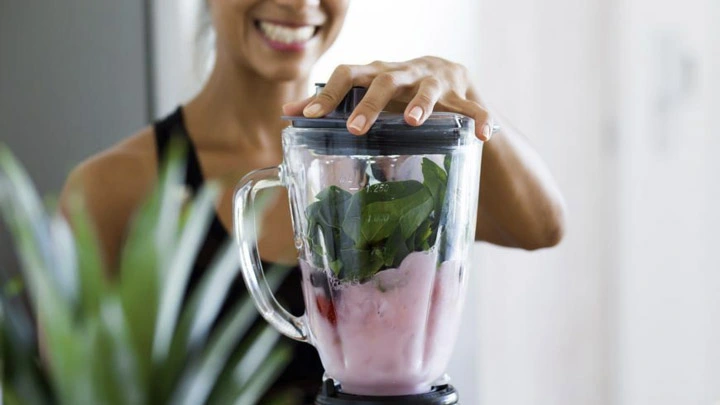





Leave a reply